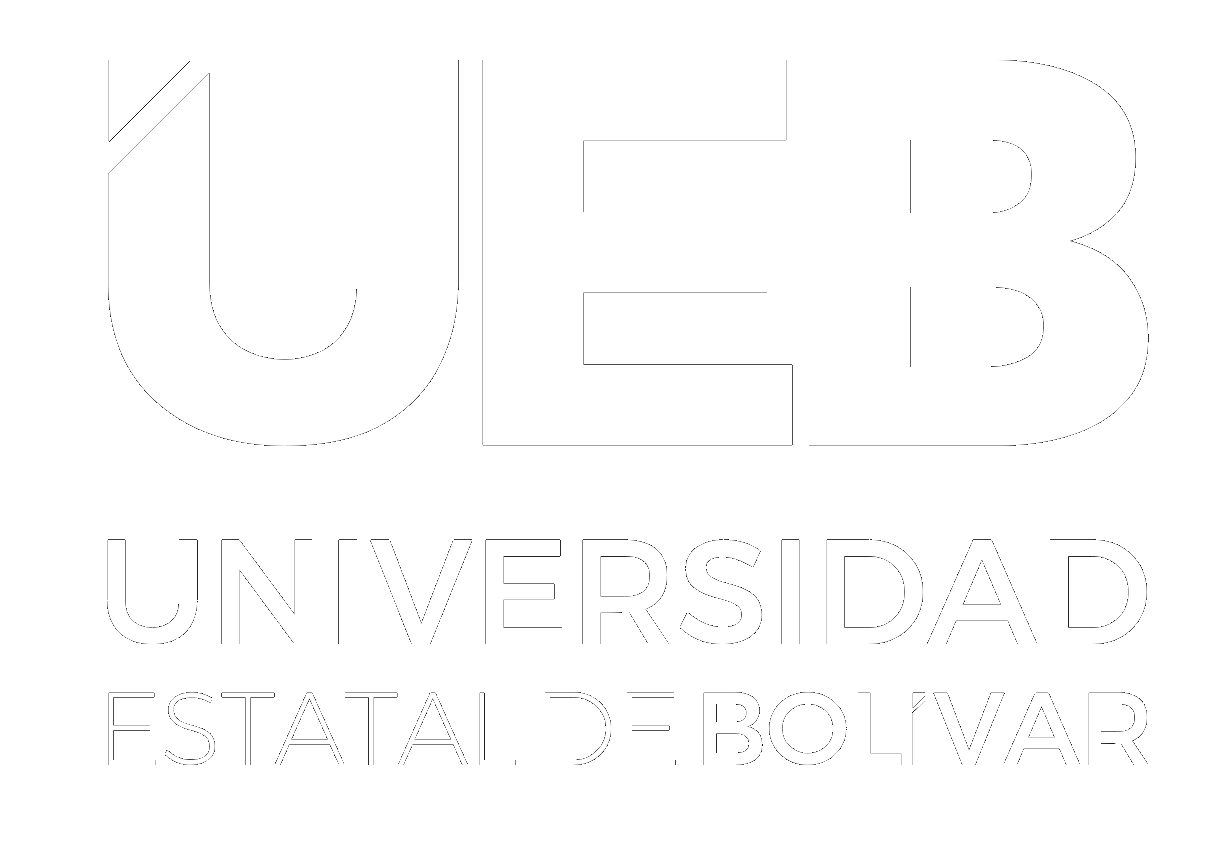Por favor, use este identificador para citar o enlazar este ítem:
https://dspace.ueb.edu.ec/handle/123456789/2740| Título : | Estudio Etnográfico del Patrimonio Cultural de la parroquia Santiago, cantón San Miguel, provincia Bolívar en el año 2017 |
| Autor : | del Salto Dávila, Doly Silvana Villena Ortiz, Jessela Stefania Llumiguano Perez, Luis Miguel |
| Palabras clave : | TURISMO Y HOTELERIA ESTUDIO ETNOGRÁFICO PATRIMONIO CULTURAL PARROQUIA SANTIAGO CANTÓN SAN MIGUEL PROVINCIA BOLÍVAR AÑO 2017 |
| Fecha de publicación : | 2018 |
| Editorial : | Universidad Estatal de Bolívar. Facultad de Ciencias Administrativas, Gestión Empresarial e Informática. Carrera de Turismo y Hotelería |
| Citación : | FCCA.T.H;45 |
| Resumen : | El patrimonio cultural de un pueblo permite conocer su herencia y su identidad cultural, conformado por los bienes materiales e inmateriales. La parroquia Santiago guarda celosamente este conjunto de bienes y su comunidad no le da la importancia que realmente posee, por ello han asimilado comportamientos de otros pueblos, desvalorizando sus propias creencias y sabiduría ancestral, por tal razón el objetivo principal de este estudio etnográfico, fue diagnosticar el patrimonio cultural de la parroquia Santiago, además de caracterizar la forma de vida de sus habitantes, utilizando técnicas como la observación, visitas de campo, recopilación de información, entrevistas a las principales autoridades de la parroquia, Focus Group de actores claves y el levantamiento de fichas del Instituto Nacional de Patrimonio Cultural. Como resultado se obtuvieron datos de los elementos que conforman su patrimonio, y que están guardados en la memoria de las personas mayores, evidenciando la poca información que los jóvenes aportaron sobre el conocimiento de su comunidad. Con la información recopilada posteriormente permitió establecer un inventario de su patrimonio, que sirvió para elaborar un guión y caracterización de sus habitantes. Palabras claves Patrimonio cultural, Tradición, Costumbres, Aculturización, Cultura, Etnografía |
| Descripción : | The cultural heritage of a town allows knowing its heritage and its cultural identity, conformed by the material and immaterial goods. The Santiago parish jealously guards this group of assets and their community does not give it the importance it really possesses, for that reason they have assimilated the behavior of other peoples, devaluing their own beliefs and ancestral wisdom, for that reason The main objective of this ethnographic study was to diagnose the cultural heritage of the Santiago parish, besides characterizing the way of life of its inhabitants, using techniques such as observation, field visits, information gathering, interviews with the main authorities of the parish, Focus Group of key actors and the raising of cards of the National Institute of Cultural Heritage. As a result, data were obtained from the elements that make up their patrimony, and that are stored in the memory of the elderly, evidencing the little information that young people contributed on the knowledge of their community. With the information collected later, it allowed to establish an inventory of its patrimony, which served to elaborate a script and characterization of its inhabitants. Keywords Cultural heritage, Tradition, Customs, Aculturization, Culture, Ethnography |
| URI : | http://dspace.ueb.edu.ec/handle/123456789/2740 |
| Aparece en las colecciones: | Turismo y Hoteleria |
Ficheros en este ítem:
| Fichero | Descripción | Tamaño | Formato | |
|---|---|---|---|---|
| PROYECTO ARREGLADO - ABRIL 2018-FINAL pdf.pdf | Archivo PDF | 4,19 MB | Adobe PDF | Visualizar/Abrir |
Los ítems de DSpace están protegidos por copyright, con todos los derechos reservados, a menos que se indique lo contrario.

